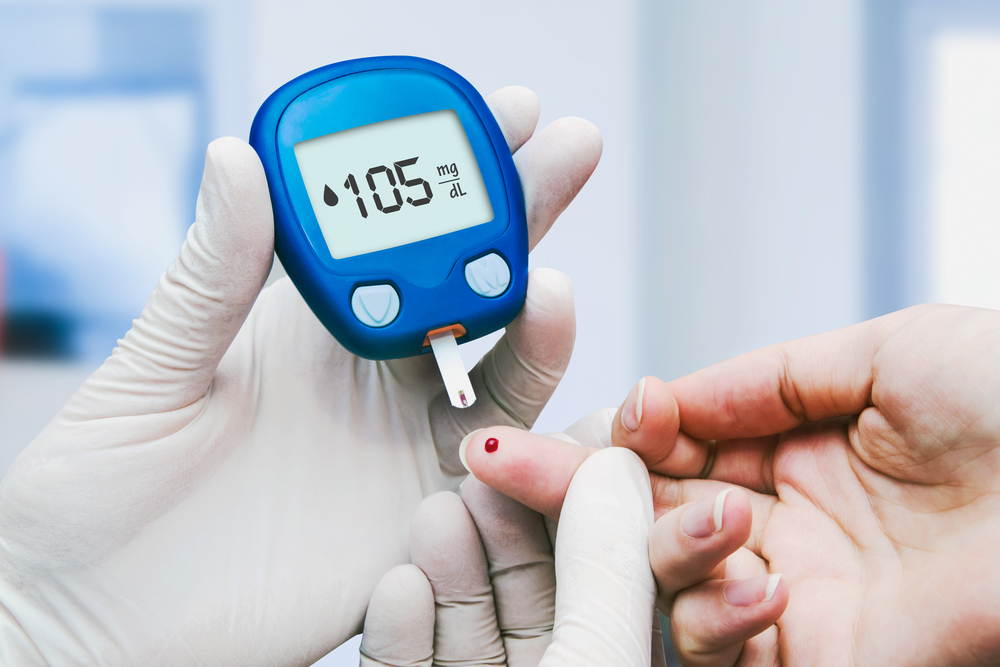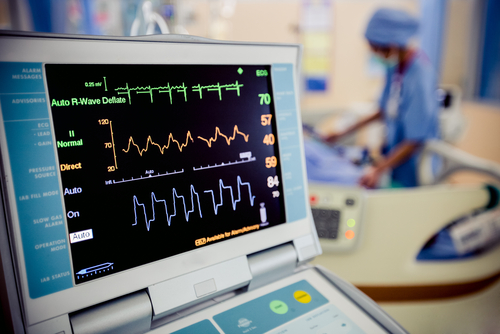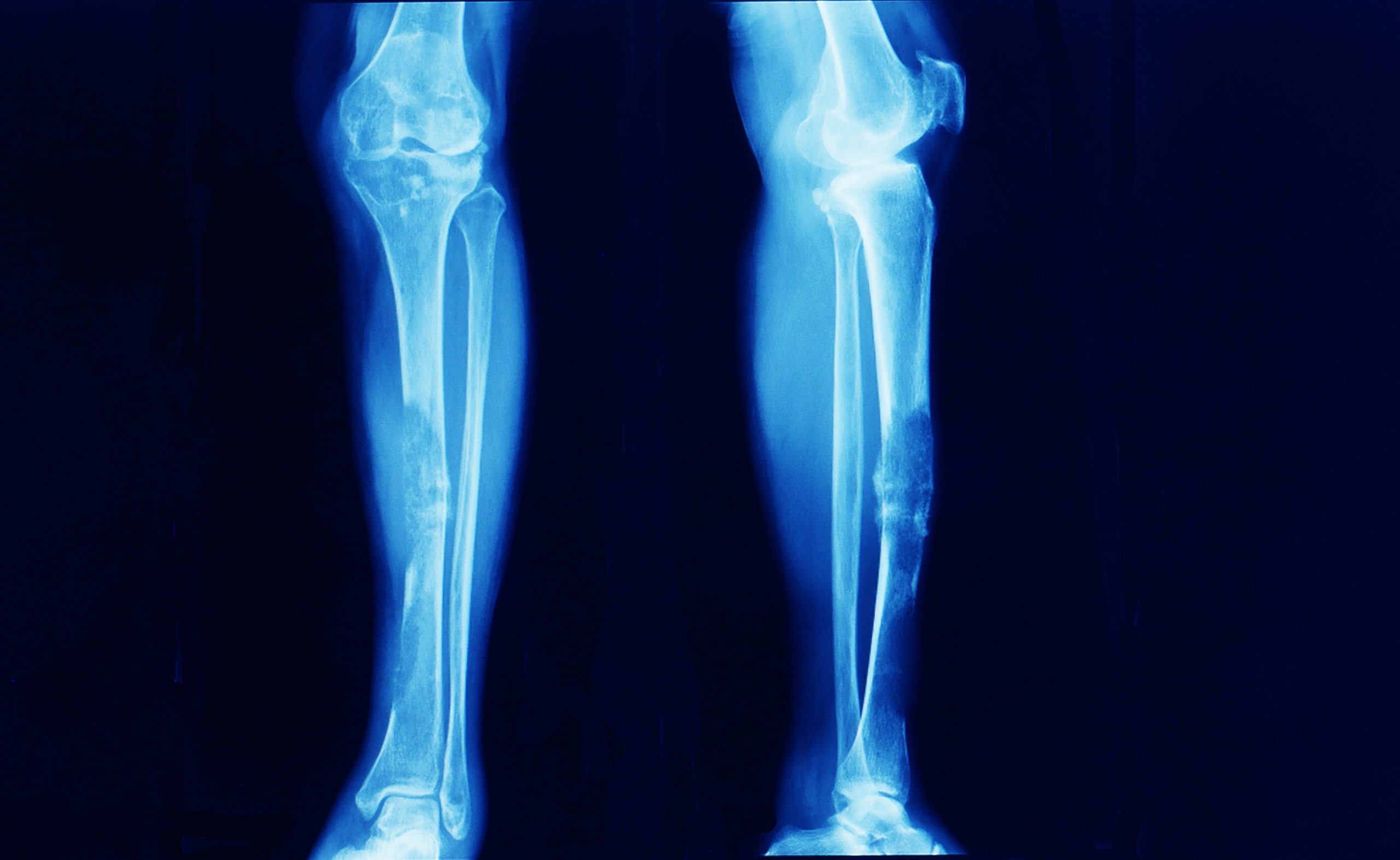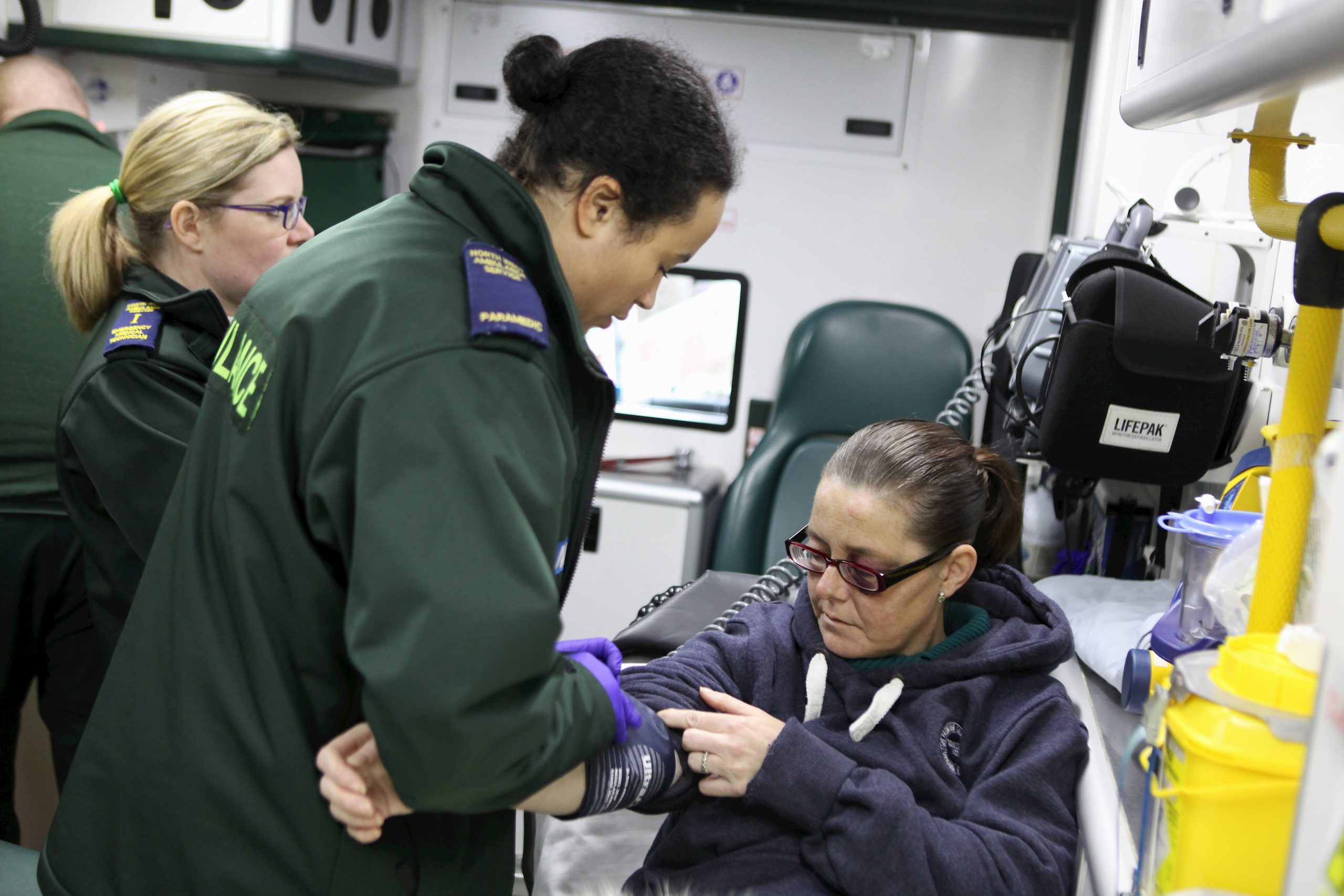Better Care Projects
Projects
Access to large-scale ‘research ready’ patient data is allowing a range of academic, industry and clinical innovators to develop the robust and regulated digital health tools and algorithms needed to enhance clinical decision support at the point of care, reduce clinical variation and increase efficiency of care, and provide patients with the high-quality information they need to better manage their condition and engage with the health and care system.
We are undertaking a number of projects across different research areas focused on using health data to improve care through the Better Care continuous improvement loop. Take a look below.

Catalyst Project: AI-driven clinical decision-making tool to manage cystic fibrosis
This project, led by Royal Papworth NHS Foundation Trust, aims to use AI-machine learning to understand why pulmonary exacerbations happen in people with cystic fibrosis (CF). They plan to develop...

Catalyst Project: Developing and deploying quality improvement dashboards for primary care
Led by OxFed Health and Care Ltd, this project aims to develop a suite of feedback tools and dashboards to inform primary care doctors how their clinical practice aligns with best practice

Catalyst Project: Reducing the health burden of diabetes with AI-powered clinical decision ...
This project aims to tackle the health burden of diabetes by developing AI-prediction tools to help clinicians and patients make better-informed decisions around management and treatment of the...

Catalyst Project: Uniting large scale patient data to develop an ‘Informatics Consult’ ...
Overview This project aims to support doctors to make treatment decisions by developing an Informatics Consult, where they can order the analysis of large-scale data relevant to the individual...

Better antibiotic prescribing in frail elderly people with polypharmacy
This project aims to use an advanced analytics approach to support doctors in deciding when to prescribe antibiotics to frail elderly patients, avoiding the adverse side effects of inappropriate...

Improving hospital operational efficiency by forecasting demand for hospital beds
This project aims to utilise live care data to forecast emergency hospital admissions, demand for beds and theatres, and to plan elective surgery accordingly. This will enable trusts to better...

P-NEWS: personalised early warning scores for preventing unplanned critical admissions
This project aims to reduce intensive care admissions by intervening earlier to correct problems before they become critical. They plan to do this by using patient observations and advanced...

Improving Patient flow between Acute, Community and Social care (IPACS)
This project aims to alleviate the shortage of acute beds, resulting from delays in discharge to social care. The team will develop research methods to improve the flow between acute, community,...

Underpinning infrastructure to the BNSSG Systemwide dataset
This project aims to support the health and social care services across Bristol, North Somerset and South Gloucestershire (BNSSG), to develop as a Learning Health System. The team will develop the...

Precision antimicrobial prescribing: safeguarding patient outcomes and preserving future ef...
This project aims to improve antimicrobial prescribing decisions by analysing linked data to optimise antibiotic choice for patients based on their individual history and clinical...

OpenPathology
GPs order blood tests for diagnosis, ongoing monitoring of health conditions, and screening, regularly as a core part of their work. However, there is wide variation in testing rates amongst...

Improving safety: preventing stroke and MI with fewer bleeds
Aim: To reduce bleeding admissions by 10% over 3 years using scalable digitally supported care pathways deployed across primary and secondary care

Real time analytics of unstructured and structured records
Aim: To extend capability for real-time analytics of unstructured and structured records to support research, trial recruitment and value based healthcare

Learning Care Homes: Continuous improvement of structured referrals
This project aimed to evaluate and improve a Digital Care Homes app now called the Health Call app to support decision-making by care home and community staff when a care home resident becomes...

Development of a learning system to optimise anticholinergic medication prescribing for old...
Overview This project aims to develop a tool to help doctors and pharmacists review a patient’s broader medical history to allow more appropriate prescribing of anticholinergic medications. This...

Implementing and evaluating biomarker-based prescribing in routine care
The project is assessing the feasibility and potential benefit of implementing information from pharmacogenomic testing into GP and primary care prescribing, for example to warn if someone is at...

Data Integration, Harmonisation and Interoperability Framework
This project is developing a framework for clinical-related datasets, enabling phenotype-based patient and disease classification to support clinicians and healthcare staff to deliver patient...

‘One City’ Health Data Strategy
The project is establishing a Trusted Research Environment to facilitate collaborative health research and continuous improvement in care, while safeguarding the security and privacy of patient data.

An ontological framework for computer interpretable clinical guidelines and associated tool...
The project aims to computerise and automate clinical practice guidelines for different heath conditions and integrate them into a flexible decision support system that helps clinicians plan and...

A framework for clinical image-based data integration, harmonisation and interoperability
Aim: Framework for clinical-related datasets; phenotype based patient and disease classification; digital learning health system in hypertrophic cardiomyopathy. Semantic-based rare disease...

Learning public health system for preventing asthma attacks
This project aims to better understand and ultimately prevent potentially life-threatening asthma attacks by moving towards a learning healthcare system, where data gathering is embedded in daily...

Developing a Learning Health System in radiology
This project aims to create the capability for a near real-time analytics of unstructured and structured records to support research, trial recruitment and value-based healthcare in radiology...

Cloud-based integration of phenotype and genotype data for rare disease research
Rare diseases collectively affect one in 17 people, equating to around 3.5 million individuals in the UK. At least 80% of rare diseases have a genetic component, but for many rare diseases this...

PED4PED
Epilepsy is one of many chronic diseases (e.g. diabetes, asthma, mental health conditions) that can have acute exacerbations requiring urgent care.

MyEyeSite
MyEyeSite: a feasibility study and prototype for a patient-owned repository of rare-disease clinical and genetic data using inherited retinal disease as a paradigm

Improving child health by optimising the use of clinical data for research
This project will also facilitate the development of healthcare ‘apps’ for patients, families and healthcare professionals that have the potential to revolutionise the way we deliver services.

Enhancing Clinical Responses through Digital Information Transfer and Alerting by a Hospita...
We aim to undertake the first organisation-wide evaluation of the implementation and effects of a healthcare smartphone application used by healthcare professionals within the NHS.

Using data to improve care for patients with heart failure
This new digital innovation project builds on the existing heart failure and device service at Manchester Heart Centre, at Manchester Royal Infirmary.
